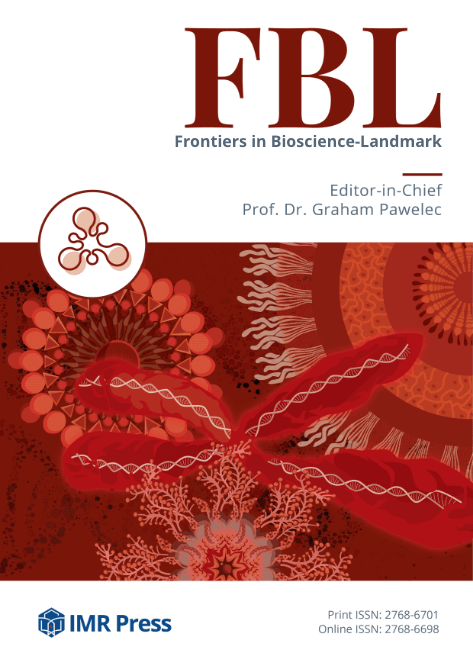Frontiers in Bioscience-Landmark (FBL) is published by IMR Press from Volume 26 Issue 5 (2021). Previous articles were published by another publisher on a subscription basis, and they are hosted by IMR Press on imrpress.com as a courtesy and upon agreement with Frontiers in Bioscience.
Human prostatic carcinogenesis is characterized by the accumulation of both genetic and epigenetic alterations. The epigenetic changes appear earlier and more consistently, and because the DNA sequence remains intact, may be therapeutically reversible. The mechanism(s) by which epigenetic changes appear during the pathogenesis of prostate cancer have not been established. Nonetheless, new methods for the detection of abnormal DNA methylation, a molecular biomarker of epigenetic alterations, are poised to provide clinical tests potentially useful for prostate cancer detection and diagnosis. In addition, new drugs targeting DNA methyltransferases and other enzymes involved in the maintenance of chromatic structure have been introduced into clinical trials for the treatment of advanced prostate cancers. If sufficiently safe strategies for chromatin modulation can be discovered and developed, epigenetic alterations may become rational targets for both prostate cancer prevention and prostate cancer treatment.

